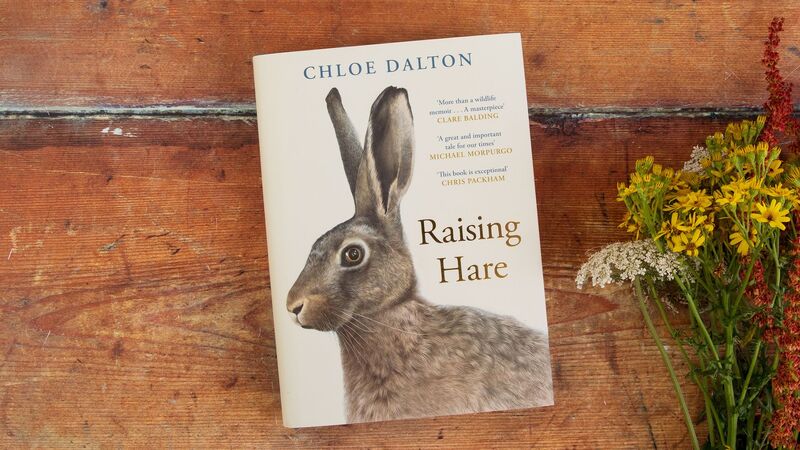You are viewing your 1 free article this month. Login to read more articles.
Sarah Hilary: Interview
Sarah Hilary has won the Fish Criminally Short Histories Prize, the Sense Creative Award The Cheshire Prize for Literature as well as being published in several anthologies. Now, with Someone Else’s Skin, she has published her debut full-length crime novel and tells Chris High how the novel writing process differs from that of the short story.
Although you are an accomplished, acclaimed short story writer, Someone Else’s Skin is your first full length novel. How do the processes differ and what planning did you need to undertake for the book?
SH: Thanks, Chris. I enjoy writing short stories but I found it far harder to write a great short story than to write a novel. I suspect my strengths are better suited to the latter, as I always struggled with the degree of skill needed to tell a whole story in a short space of words. On the plus side, several people who’ve read Someone Else’s Skin have said that they think my short story ‘discipline’ resulted in taut prose and a tight plot, which was great to hear.
Is Rome based on anybody in particular or is she a conglomeration of people you’ve met?
SH: No one I’ve met, but she owes a little to a terrific female character in a TV drama of some years back, called "The State Within". Marnie Rome walked into a scene I was writing for another story, and I’ve been fascinated by her ever since.
Rome is a psychologically damaged yet incredibly strong character. How difficult was it to balance the two traits so deftly?
SH: This might sound odd, but not at all difficult. I think because I associate strong characters with survival – Marnie’s trauma made her the woman she is; not just strong but compassionate, too. My grandmother, who survived a Japanese PoW camp as a young mother, always said that the trauma she suffered made her a stronger (and better) person. So I think in my mind, the two go hand in hand.
What was the most difficult aspect of writing Someone Else’s Skin and what was the most enjoyable aspect?
SH: The plot was toughest, for sure. It came out pretty lean in the end, but there was a LOT of cutting and rewriting to get it there. The best thing? The moment when you type “the end”, even though you know it will need editing.
How much research did you have to undertake and is it an aspect of novel writing that you enjoy?
SH: Yes and no, to both questions. I find research can become an obsession – and a distraction – when I’m supposed to be creating a story. That said I would never attempt a novel that touches on issues which affect so many live without taking account of the facts and the true stories that inspire/inform the fiction.
What was it that made you decide to write within the crime genre and what are the major obstacles for those wishing to get published within the crime sector today?
SH: It was a friend who pointed me towards crime, almost as a challenge, I think. I’d always read crime but never thought I could write it, because I’d convinced myself that I couldn’t hack plotting. It turned out that, yes, I could – assuming I was prepared to put in the hours. I think that’s the clue to any kind of publishing today: you have to keep at it, get better at your craft, and always push yourself. And read. Read as widely as you can, not just in your chosen genre either.
Do you have any writing routines or superstitions at all?
SH: No, I’m very boring. I just sit down and write. And don’t let myself get up until I’ve reached the minimum word count for the day. I’m unbearable when I’m writing. PG Wodehouse said something like, “I don’t want to go anywhere or see anyone,” when he was writing. I’m like that.
What is the best advice you’ve been given as a writer?
SH: Two pieces spring to mind. The first was to speak plainly and directly, to lose my (early) tendency to indulge in language. The second comes from the late great Ranald Graham and is this: “Keep the mythic distance”. I’m still working out what it means, but I love it.
If you had to save three books from being destroyed, what would they be and why?
SH: An ancient copy of a book called Helen’s Babies by John Habberton, awarded to my grandmother when she was at school and which she read to me as a child. A first edition of These Old Shades by Georgette Heyer, which was for years my most favourite book in the world. Oh and the first proof copy of Someone Else’s Skin – because it was the realisation of a dream.
What’s next with regards to writing and where can readers catch up with you at festivals and signings this year?
SH: Marnie Rome book two is with my editor, so I’ll be working on that again soon. I really enjoyed writing it. I’ll be launching Someone Else’s Skin at Foyle’s in Bristol on 28 February, touring independent bookshops in the spring, sitting on one of the fresh blood panels at Crimefest in May, co-running a writing workshop in Felixstowe in June and partying with the crime world at Harrogate in July. For starters. Details should be up on my blog soon or on Twitter, where I spend far too much time!
Someone Else's Skin by Sarah Hilary, published by Headline, is out now.















